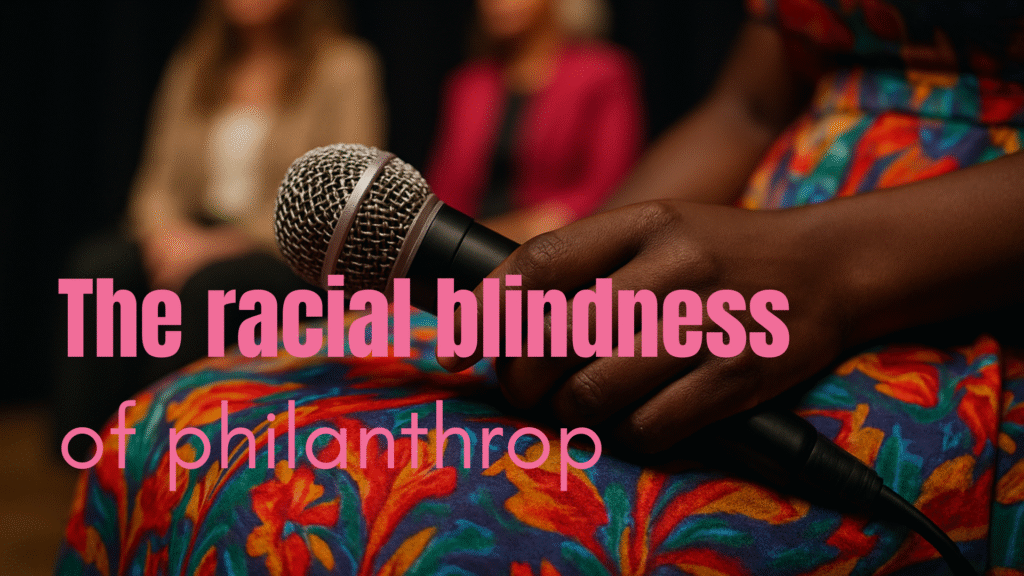
International discourse often celebrates the importance of financing indigenous peoples, afro-descendant populations, and local communities. Yet, when data is disaggregated and the voices of the women sustaining these struggles are heard, a painful pattern emerges: the racial blindness of donors, which translates into structural inequality in budgets and the reproduction of colonial power dynamics.
As part of the research conducted together with Rights and Resources Initiative (RRI) and the Women in Global South Alliance (WiGSA), VOZES has worked alongside these organizations to document their realities and make their experiences visible. We listened directly to their women leaders, who shared not only hard data but also their stories of resistance, community strategies, and knowledge.
The findings are striking. Afro-descendant organizations manage budgets that are less than half of those accessed by indigenous or community-based groups. In 2023, while the average budget of indigenous organizations reached USD 273,466, that of afro-descendant organizations was only USD 154,000. The difference is not technical, but political: it reflects the lack of donor prioritization of racial justice and the systematic invisibilization of racism in their strategies.
As the Network of Afro-Latin American, Afro-Caribbean and Diaspora Women (RMAAD) points out, the absence of specific funds to combat structural racism forces these networks to constantly “translate” their agendas in order to fit into generic gender equality frameworks. In the words of their leaders, “the problem is not so much being women, but being black women.” This is a double discrimination: by gender and by race.
But it’s not all bleak. The research process also revealed the powerful practices these organizations sustain, even under conditions of extreme precarity and with a heavy reliance on volunteerism — far greater in Afro-descendant groups than in indigenous ones. Despite these challenges, they have built afro-feminist schools, violence observatories, self-care protocols, and deeply democratic collective decision-making spaces. These experiences are, in themselves, good news: they show that when donors provide even minimal trust and flexibility — as highlighted in several cases in the study — the impact multiplies, allowing organizations to plan, retain talent, and sustain their struggles.
The challenge is to transform the power dynamics that keep these organizations in precarity. To do so, donors must stop demanding “translations” and start explicitly funding racial justice agendas with institutional, multi-year, and flexible resources. They must recognize that sustainability is not about having money in the account today, but about the predictability of being able to exist tomorrow.
Listening to and trusting afro-descendant and indigenous women, recognizing their experiences and knowledge as a compass, and redistributing resources with racial and gender justice criteria is not an act of generosity — it is a historical debt and an essential condition to transform the structures of exclusion that still shape the global funding landscape.

